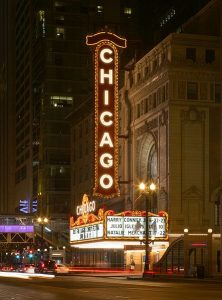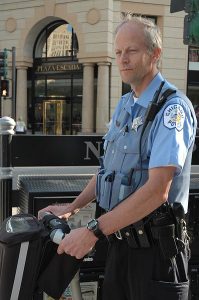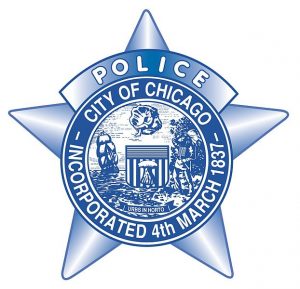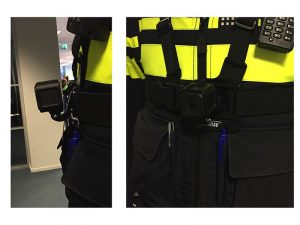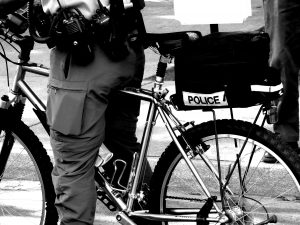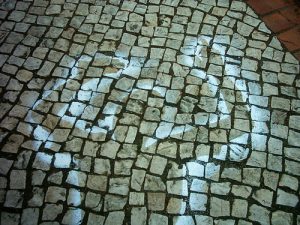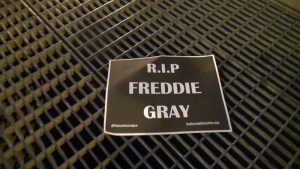 Sometimes it is hard to tell who is a victim and who is a perpetrator when it comes to intimidation and extortion crimes in Chicago. Defense attorneys have too often found themselves changing their roles in order to effectively prosecute the police department for a series of failings including gross incompetence and outright violations of the defendant’s rights. Some have argued that so called “predictive policing” is nothing more than a ploy to cover up the misdeeds of the law enforcement agencies who harass citizens particularly those from seemingly powerless and marginalized communities.
Sometimes it is hard to tell who is a victim and who is a perpetrator when it comes to intimidation and extortion crimes in Chicago. Defense attorneys have too often found themselves changing their roles in order to effectively prosecute the police department for a series of failings including gross incompetence and outright violations of the defendant’s rights. Some have argued that so called “predictive policing” is nothing more than a ploy to cover up the misdeeds of the law enforcement agencies who harass citizens particularly those from seemingly powerless and marginalized communities.
Woe befall an attorney defending someone on the “Heat List.” Effectively that person is branded a potential gang member based on fuzzy models. An arrest soon follows (sometimes repeatedly) whilst the real criminals continue to roam the streets. Nevertheless, is not too hard to sympathize with the Chicago law enforcement agencies who are faced with an increasing crime rate and the state’s reputation for grand lawlessness. They have to stab at something in the absence of a reliable predictor of criminality. In any case the US Constitution is not particularly supportive of the notion of “Preventative Arrest.” However, in their zeal to protect the public, the Chicago law enforcement agencies have gotten the basics wrong.
The Never-Ending Plight of Minority Communities
 Chicago Criminal Lawyer Blog
Chicago Criminal Lawyer Blog


